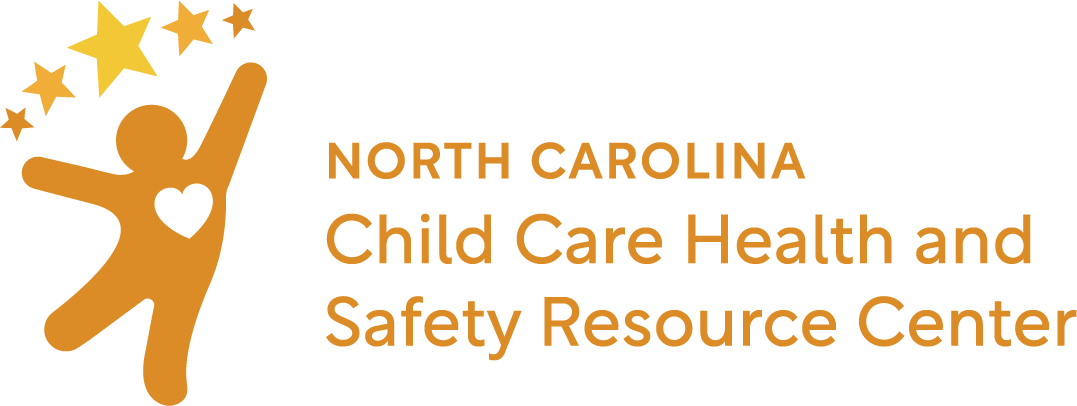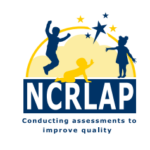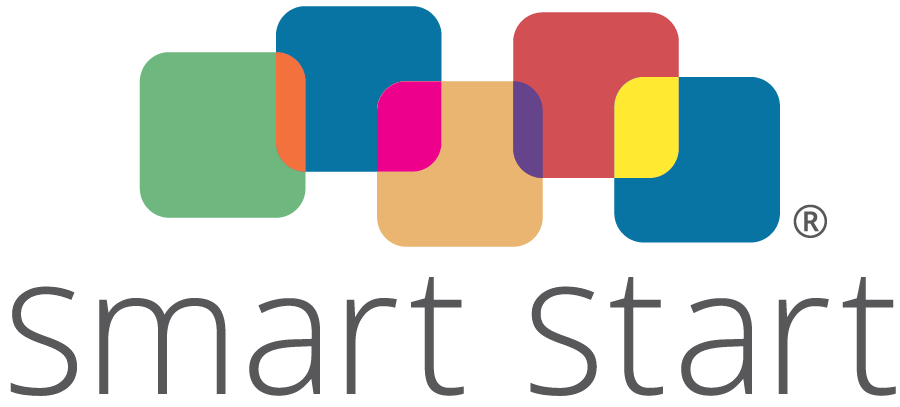Quality Health, Safety, and Wellness Practices
Child Care Health Consultant Competency 2: Quality health, safety, and wellness practices
(Source: Early Childhood Learning & Knowledge Center, Child Care Health Consultant Competencies)
The CCHC accesses a variety of objective, evidence-based instruments to use in ECE programs to identify areas of strength and areas that may need improvement. Examples of assessment instruments include the Health and Safety Checklist for Early Care and Education Programs, NAPSACC Assessments, and the ECELS Safety Checklist and Planning Tool for Active Play Areas. A CCHC also:
- Matches evidence-based assessment instruments to program priorities
- Trains staff to use instruments to assess the quality of their health, safety, and wellness policies and practices
- Demonstrates respect for programs when observing programs
The CCHC and ECE staff use their mutual areas of expertise in developmentally appropriate health, safety, and wellness practices to identify and implement strategies to improve the quality of programs. A CCHC also:
- Helps programs align health, safety, and wellness practices with licensing regulations, the state quality rating and improvement system if available, developmentally appropriate practices, and best practice standards, such as CFOC and accreditation requirements
- Ensures programs have an effective record keeping system to support health, safety, and wellness
- Helps programs use data (such as injury and incident reports or absenteeism reports) to identify strengths and concerns and make improvements
- Works together with programs to prioritize quality improvement actions and set achievable goals to address concerns
- Observes intervention strategies and recommends changes when needed
- Helps programs ensure children have a primary care provider and are up-to-date on routine preventative health services
- Helps programs monitor children’s health and development
- Assures that programs are able to support inclusion of children with special health care needs, disabilities, and chronic health conditions
Find a CCHC in your community.
Featured Initiatives and Resources
Additional Resources
- Caring for Our Children (CFOC4)
CFOC4 is the National Health and Safety Performance Standards; Guidelines for Early Care and Education Programs, 4th Edition. CFOC4 is a collection of standards that includes the best evidence, expertise, and experience on quality health and safety practices and policies. - National Association for Family Child Care (NAFCC)
NAFCC is a non-profit organization dedicated to promoting quality child care by strengthening the profession of family child care.



